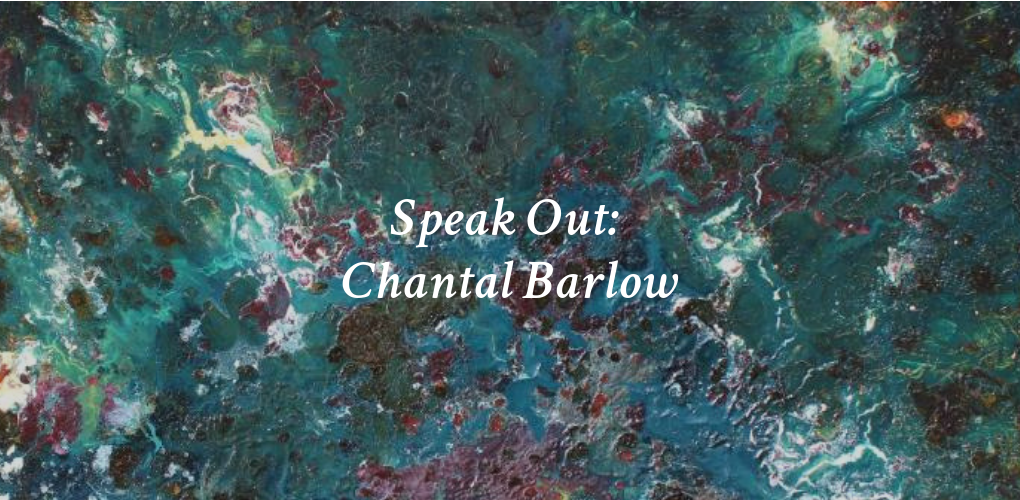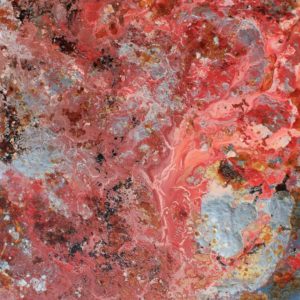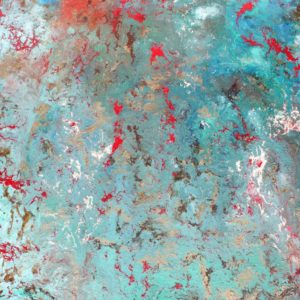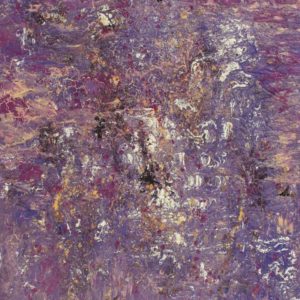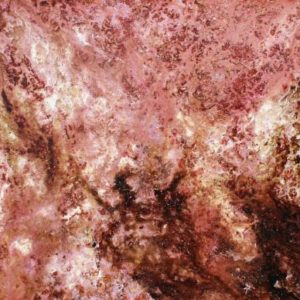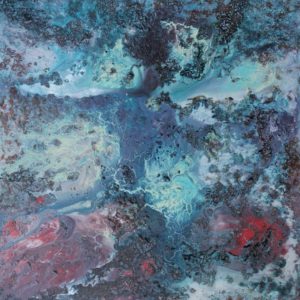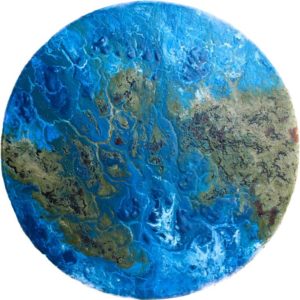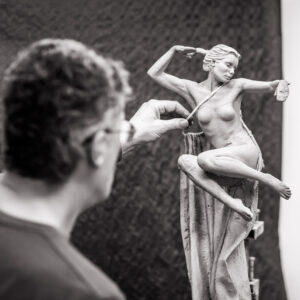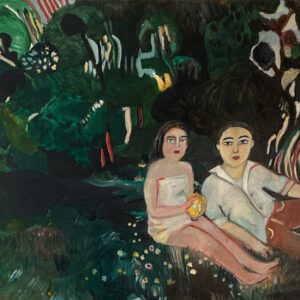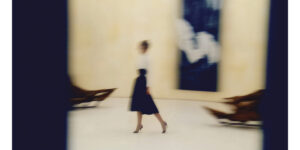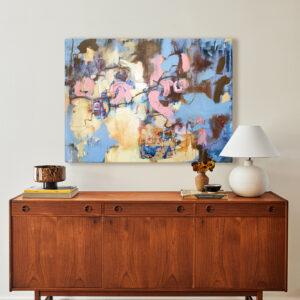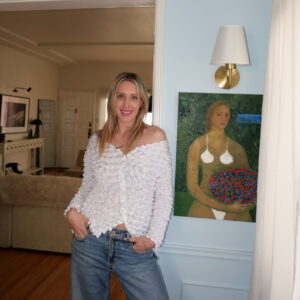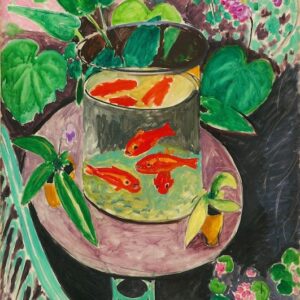Art News
 Speak Out: Chantal Barlow
Speak Out: Chantal Barlow
“With each work I ask myself: have I added value to the world?”
– Chantal Barlow
On the occasion of Women’s History Month, Saatchi Art’s curators spoke with artists about their process, inspiration, and the ways in which their identity as a woman is relevant to their art.
Chantal Barlow is currently studying at UCLA School of the Arts and Architecture. She has had shows in London and Los Angeles, and has a 2019 show at New Wight Gallery. She won the 2017 David Chow Humanitarian Award, and is an awardee of the Congressional Black Caucus. Her work has been featured in Vanity Fair Italy, British Vogue, The Guardian, and Huffington Post.
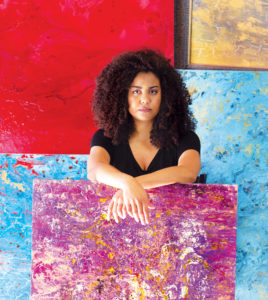
What does it mean to you to be a woman in art?
Making decisions along the way that allow me to have an impact on my narrative and legacy in the hopes of inspiring others to do the same.
Which female artist inspires you most—past or present— and why?
I’m never consistently inspired by one artist because my inspiration isn’t stagnant, but I find connection with the works of Kara Walker, Romaine Brooks and Catherine Opie. These artists were and are expanding the consciousness of their audience.
What is your advice to a young woman who aspires to be an artist?
Practice taking pressure off of yourself by creating work that no one sees and evaluate whether or not you make the same decisions for work you don’t intend to share. Are you asking questions or answering them in your work? Find a balance between intuition and inspiration.
What are the themes you pursue in your work?
I can deduce all of my work down to the explorations of relationships (medium, people, environment); ebb and flow, balances and imbalances, fear and love.
Can you tell us about your process? Do you begin with a sketch, or do you just jump in? How long do you spend on one work? How do you know when it is finished?
In my exploration of process and relationships, I am consistently working on more than one piece at a time with different mediums. I tend to be very calculated with the initial concept, but always leave room for the unexpected. I know I’ve finished a piece when I see that it’s balanced, I’ve fulfilled the promise of the concept or the work has met or exceeded my expectations. Have I added value to the world?
If you couldn’t be an artist, what would you do?
I’d be a pediatric surgeon.
